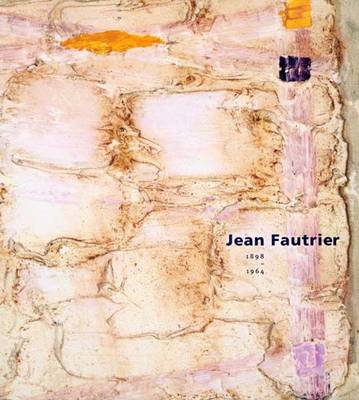Harvard Art Museum
1 total work
Jean Fautrier, one of France's most important interwar and postwar artists, is perhaps best known for the "Otages", his series of abstract paintings featuring partially obliterated or disfigured faces -victims of Nazi atrocities in France during World War II. This work discusses his significance to the history of avant-garde and modern art. Essays examine Fautrier's early work of 1926-28 in relation to "art informel"; analyze the formal and social aspects of the "Otages" paintings; consider Fautrier's "Originaux multiples" of 1950, a radical series of original reproductions that questions modernist notions of the unique art object; and discuss the influence of American abstract expressionism on his late work. The book also includes contemporary critical essays on Fautrier written by leading French literary figures, including Andre Malraux, Jean Paulhan and Francis Ponge as well as a group of translated letters, sent by Fautrier to Malraux and Paulhan.
